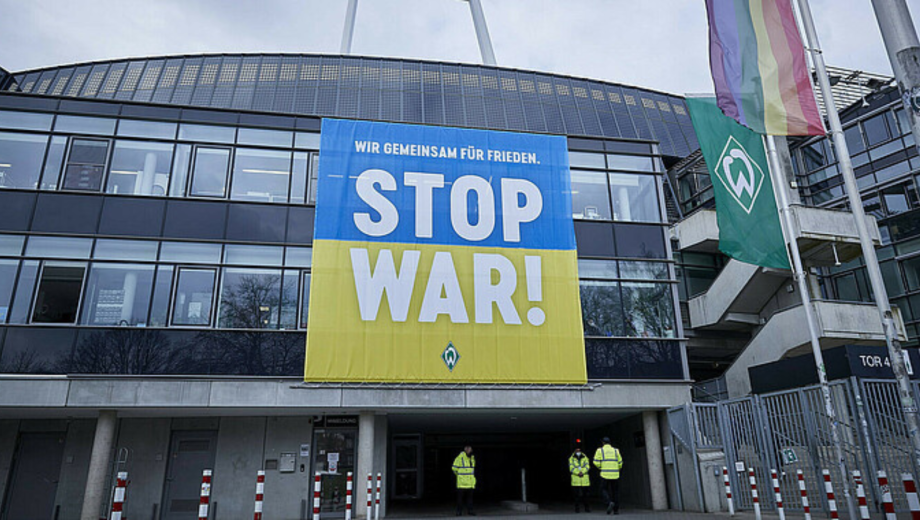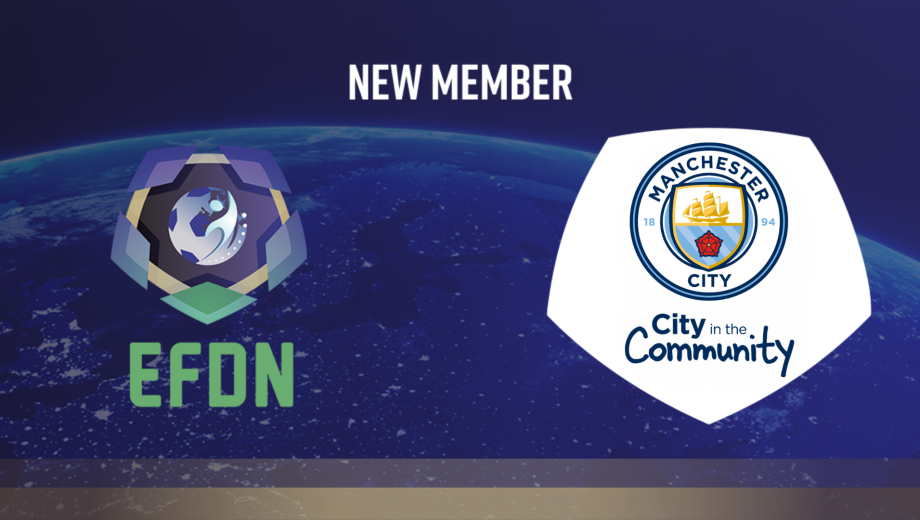UEFA EURO 2024 Aims to Set Benchmark With Environmental, Social and Governance Strategy
Strategy focuses on targeted investments and measures to contribute to the delivery of a successful tournament. The Environmental, Social and Governance strategy for UEFA EURO 2024 in Germany has been launched one year before the final of the tournament will be played.

With less than a year to go until the start of UEFA EURO 2024 and following the inaugural UEFA RESPECT Forum held in Frankfurt on 28 and 29 June, the UEFA EURO 2024 environmental, social and governance (ESG) strategy has been published today.
The UEFA EURO 2024 vision is to be the reference for event sustainability in the world of sports and a driving force for sustainable development for German and European societies.
With this holistic concept, UEFA aims to contribute to making UEFA EURO 2024 the most sustainable European Championship of all time, and in partnership with the German Football Association (DFB) and the public authorities a role model for global events of its kind.
The tournament brings together people from all over the world and is a great platform to advocate and inform for more sustainability in sport. Therefore, from the beginning of the organisation of UEFA EURO 2024, the sustainable perspective has become a driving force and part of the tournament’s DNA.
As such, the ESG strategy features three pillars connecting to 11 areas of action, which in turn are backed by 28 topics, 48 targets and 83 key performance indicators.
The strategy’s focus most notably lies on:
• Reducing the impact on the environment, including in the areas of climate protection and waste management
• Investing in a climate fund dedicated to projects focused on mitigating unavoidable tournament-related emissions
• Preventing and fighting all forms of discrimination, ensuring the rights of all are respected and protected
• Advocating for physical activity and offering healthy food and beverage options across stadiums and tournament venues
• Promoting solidarity within German and European society by fostering ties with and supporting grassroots football
• Adopting transparent, responsible and accountable forms of conduct in the event’s operations
• Sharing knowledge and good practices in continuous discussions with stakeholders
• Cooperating and innovating with host cities, partners and other football stakeholders to shape a sustainable legacy
Michele Uva, UEFA director for social and environmental sustainability, said:
“The UEFA European Championship is the third-largest sporting event in the world, followed by billions of fans across the globe. It spreads passion for our game, unifies people and breaks down cultural barriers. In line with increased societal expectations around football needing to accelerate action around social and environmental sustainability, this is our chance to lead by example by delivering the tournament to the highest sustainability standards.
“Through the targeted investments and measures presented in our strategic approach, we have built the foundation to contribute to the tournament’s legacy, in full alignment with the United Nations’ Sustainable Development Goals.”
DFB general secretary Heike Ullrich said:
“We are all aware at the DFB that UEFA EURO 2024 will be a sustainable event if we manage to involve German grassroots football – our clubs – and let them share in the event. We and our clubs are preparing ourselves so that the football fever throughout the country can be exploited at local level as well, within and for the good of the clubs.”
The German federal minister of the interior and sports Nancy Faeser underlines that UEFA EURO 2024, the DFB and the federal government are playing on the same team when it comes to sustainability:
“EURO 2024 is intended to be a football festival for all fans, with a focus on sport and bringing together people from all over Europe. We want to show ourselves as a modern, open country with a diverse society. We want to inspire and equip the volunteers for a long-term commitment. And we’re getting many different social groups involved in the tournament, including through an extensive cultural programme. We want to use football as a unifying force to help combat racism and discrimination in sport as well as in other sectors.
“I’m so pleased that we’ll be organising a sustainable EURO 2024 in tune with these values. Together with the DFB and UEFA, the regions and host cities, we’ve agreed on this shared understanding. We’ve set ourselves common goals that everyone is working on under their own responsibility. I therefore welcome the fact that UEFA also wants to set standards for a sustainable tournament with its environmental, social and governance strategy for the EURO in Germany.”
A sustainability concept was part of the bidding proposal by the German Football Association (DFB) in 2018. In 2021, an Event Social Responsibility (ESR) strategy was presented by UEFA and the DFB with a proposed plan of activities. Since then, sustainability has been integrated as fundamental pillar of the organisation’s operations, for example, by designing a match schedule which reduces travel distances for teams and fans between the host cities. In a further evolutionary step, a final review was carried out by UEFA’s Social and Environmental Sustainability Division in view of aligning the ESR strategy with the UEFA Football Sustainability Strategy 2030 and the UEFA ESG Event Management System, resulting in the UEFA EURO 2024 ESG strategy that has been launched today.

Aris Limassol FC Social, Environmental, and Health Initiatives

Aalborg Boldspilklub af 1885- Connecting North Jutland





